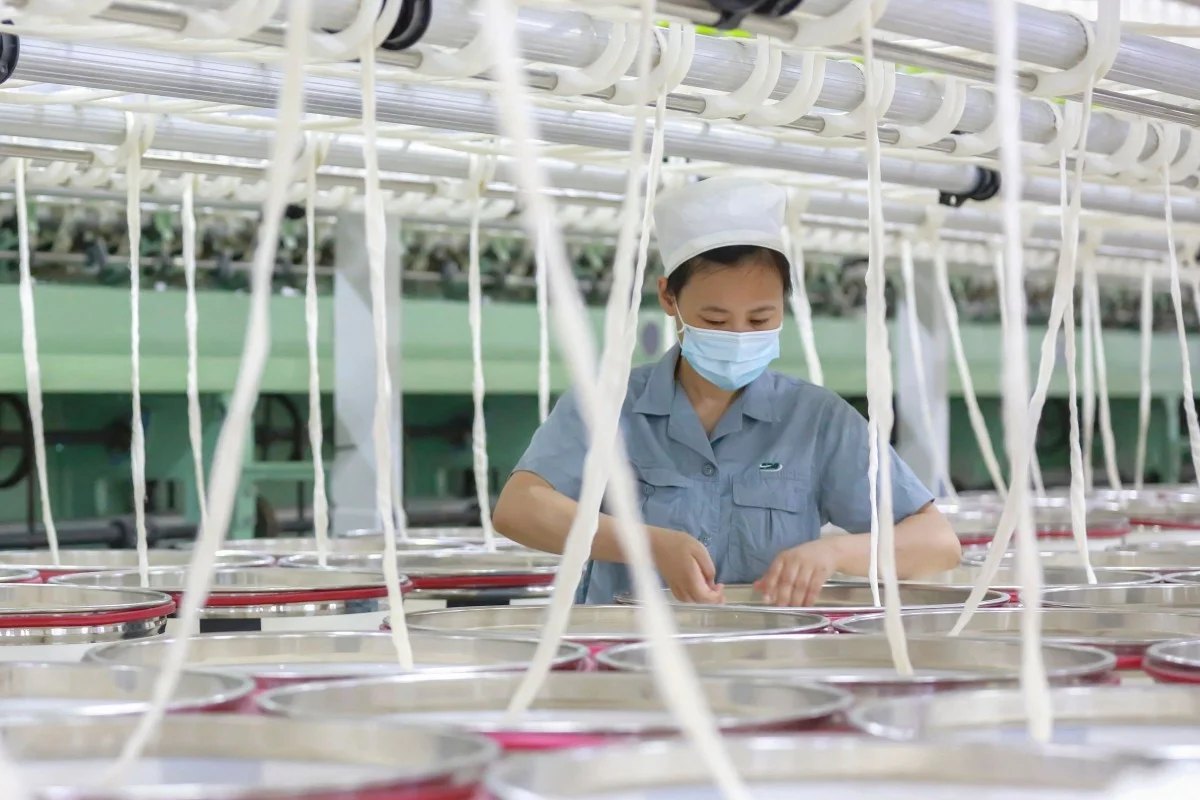
BEIJING, Aug 31, 2021 (BSS/AFP) - China's services sector contracted in August for the first time since the start of the pandemic while factory activity slowed further, data showed Tuesday, as domestic coronavirus travel curbs hit demand for transport and tourism.
The non-manufacturing Purchasing Managers' Index (PMI), a key gauge of activity in China's services and construction sectors, fell to 47.5 in August from July's 53.3, the National Bureau of Statistics said.
The measure for factory activity, manufacturing PMI, came in at 50.1 in August from July's 50.4. Anything above 50 indicates expansion, while below that figure points to contraction.
China's economic recovery was dealt a blow in the summer by its largest coronavirus outbreak for months as authorities locked down millions and curbed travel during the peak summer tourism period.
While construction activity accelerated in August, the services sector "fell below a critical point", said NBS senior statistician Zhao Qinghe.
This is the first non-manufacturing contraction recorded since February 2020, when Covid-19 lockdowns paralysed the world's number two economy.
"The epidemic has inhibited the release of demand for service industries involving contact and gathering," Zhao said, adding that it had hit several industries including transport, catering, culture and entertainment.
And Liu Peiqian, at Natwest Markets said the "data again reflected the outsized and asymmetric shock on the service sector from Covid-related restrictions".
She added that while new case figures have been brought under control, any such spike in future will again likely hit the services sector.
The manufacturing PMI reading appeared to be levelling out between April and June before declining in July and August to the lowest since February last year.
August's manufacturing figure was worse than many analysts' forecasts.
"Some surveyed companies reported that due to factors such as the epidemic and flood conditions, the supply of raw materials and delivery of products was not smooth, the production cycle was prolonged, and the number of new orders received decreased," Zhao said.
The weak manufacturing PMI "likely indicates more persistent pressure the economy faces, as the property cycle cools down", Zhiwei Zhang, chief economist at Pinpoint Asset Management, said in a note.
Export orders also dropped this month, suggesting that "foreign demand for Chinese consumer goods appears to be coming off the boil", Julian Evans-Pritchard, senior economist at Capital Economics, said in a note.
"Even looking through the volatility caused by China's recent virus flare-up, the economy looks to be coming back to earth following a period of above-trend output."
-- Bloomberg News contributed to this story --